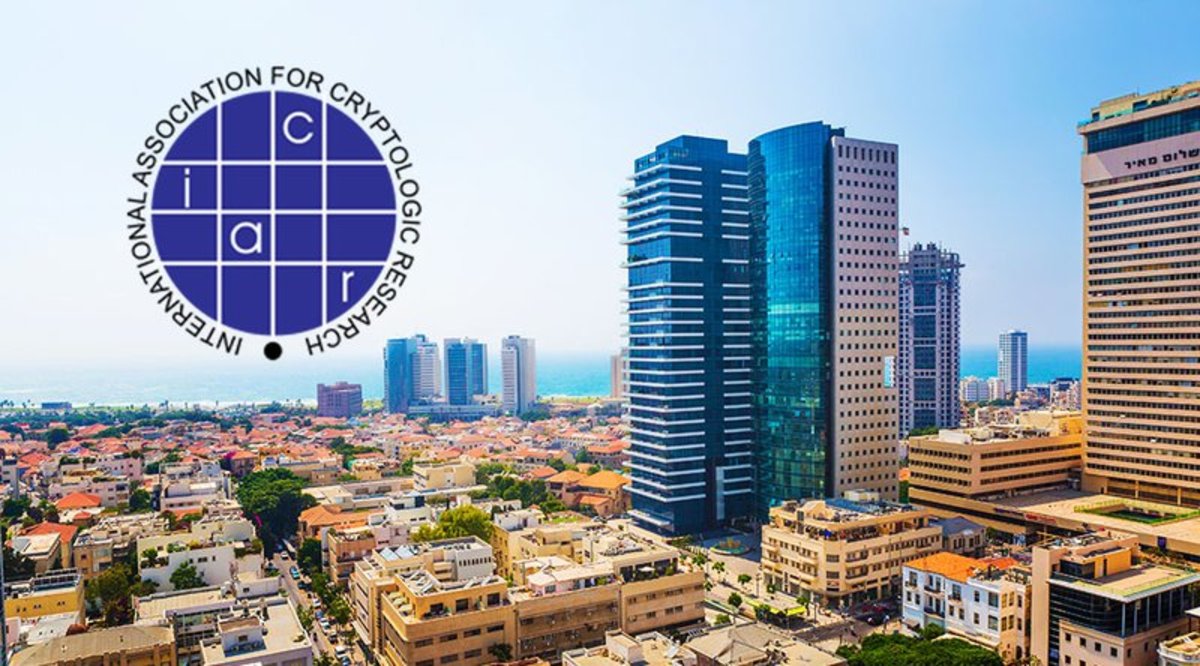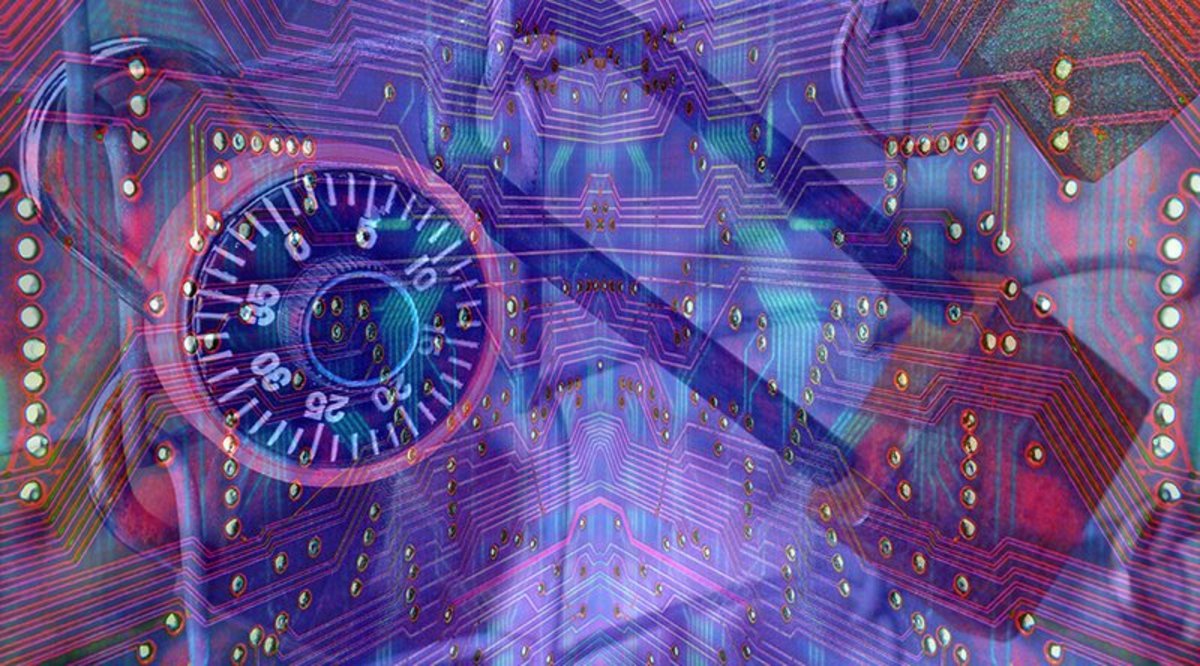
For the second year in a row, a flagship cryptography conference in Europe has devoted an entire session to blockchain technology.
It was a sign that cryptographers, who once struggled to take the cryptocurrency space seriously due to its hacks, frauds and often reckless approach to developing secure protocols, are now investing their time into the space.
The 37th annual Eurocrypt conference was held this year on April 30 to May 3, 2018, in Tel Aviv, Israel, at the Dan Panorama Hotel, steps from the Mediterranean ocean. Hosted by the International Association for Cryptologic Research (IACR), the conference was attended by 370 people. Five blockchain papers were presented on the second day of the conference, and one of those even received a “best paper” award.
On the third day of the conference, Matthew Green, a cryptographer and assistant professor at Johns Hopkins Information Security Institute, had the honor of presenting an invited talk on the 30-year history of cryptocurrencies.
The Papers
Getting a paper accepted at Eurocrypt is no mean feat. Only one in five papers that are submitted get accepted after going through a months-long, peer-review process, where experts in the field scrutinize the work to determine its suitability for the conference.
Four blockchain papers were presented at this year’s blockchain session. Cornell Tech’s Rafael Pass presented Thunderella, a blockchain protocol focused on fast transactions. Following that, Vassilis Zikas, a senior lecturer at the University of Edinburgh and IOHK research fellow, looked at the core cryptographic assumptions underlying Bitcoin.
Shedding light on why the second paper was important, because Bitcoin did not come through traditional academic channels, cryptographers had no formal model of how the protocol worked, which they needed to build alternative consensus algorithms with comparable security properties. The work of Zikas and others is changing that.
Later, Peter Gazi, a researcher at blockchain development and research company IOHK, presented Ouroboros Praos, the next-generation, proof-of-stake algorithm for the Cardano blockchain. Finally, Joel Alwen, a researcher at the Institute of Science and Technology in Austria, presented an examination of ASIC-resistant, proof-of-work hashing algorithms.
Outside of the blockchain session, a fifth blockchain paper, Simple Proofs of Sequential Work won an award for best paper. The paper was presented by cryptographer Krzysztof Pietrzak. Bram Cohen, CEO of energy-saving cryptocurrency Chia, was a coauthor.
Peer Review
The IACR has an interesting history. The nonprofit was initiated in 1982 by David Chaum, who later founded DigiCash, a company that specialized in digital money and payment systems. Cryptographers at the time wanted to form their own organization for meetings and research outside of established ones for mathematics and computer science. Today, the IACR is responsible for eight conferences, including three flagship cryptography conferences: Eurocrypt in Europe, Crypto in the U.S. and Asiacrypt in Asia.
Peer review is a big part of these conferences. Papers are submitted in a double-blind process where the author’s names are removed from the paper, and the reviewers do not reveal their identities to the authors. The point of peer review is to ensure only the best papers get into a conference. Beyond that, peer review also strengthens the security of a protocol because the more eyes that examine a protocol, the more likely it is that flaws will be found — and fixed — before a protocol is made widely available.
Blockchain technology has deep roots in cryptography. Bitcoin, for instance, is founded on the early discoveries of pioneering cryptographers like Chaum (DigiCash), Ralph Merkle (hash trees), Wei Dai (b-money scheme) and others. Despite that, somewhere along the line, blockchain parted ways with its academic roots. As a result, few papers in the blockchain space today have gone through any formal peer review process.
But that may be changing. More blockchain and cryptocurrency papers appearing at flagship IACR conferences is an indication that blockchain technology is returning home to its academic roots and future blockchain protocols will be more robust and secure.










